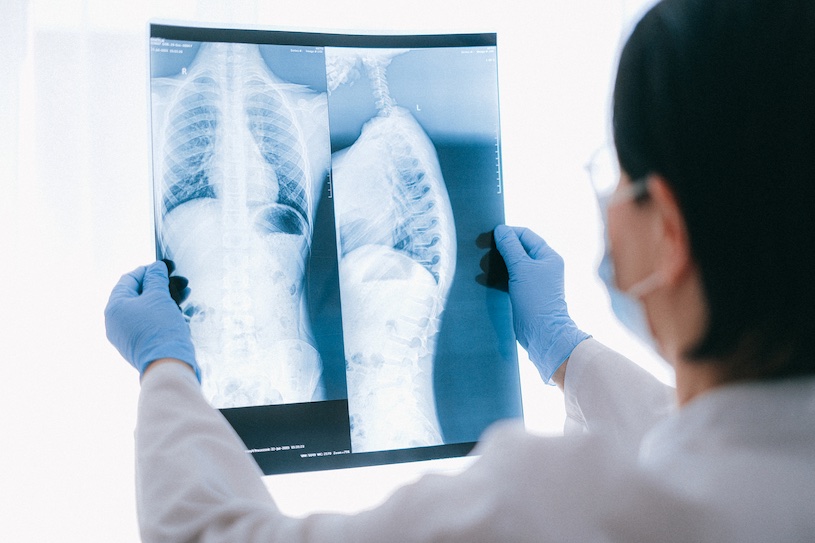First Deep Learning AI Model Triages Patients with Chest Pain Using X-Rays
Posted on 19 Jan 2023
Acute chest pain syndrome can involve tightness, burning or other discomfort in the chest or a severe pain that spreads to the back, neck, shoulders, arms, or jaw, accompanied by shortness of breath. In the U.S., acute chest pain syndrome comprises more than seven million emergency department visits, making it among the most common complaints. However, less than 8% of such patients are diagnosed with the three major cardiovascular causes of acute chest pain syndrome - acute coronary syndrome, pulmonary embolism or aortic dissection. Nevertheless, the life-threatening nature of these conditions and low specificity of clinical tests, such as electrocardiograms and blood tests, result in significant usage of cardiovascular and pulmonary diagnostic imaging, usually ending up with negative results. With emergency departments struggling to manage rising patients and shortage of hospital beds, there is a vital need for effectively triaging patients at very low risk of these serious conditions. Now, a new study has found that artificial intelligence (AI) can help improve care for patients who turn up at the hospital emergency departments with acute chest pain.
Deep learning is an advanced type of AI that can be trained to search X-ray images for identifying patterns associated with disease. For the study, researchers at Massachusetts General Hospital (MGH, Boston, MA, USA) developed an open-source deep learning model to identify patients with acute chest pain syndrome who were at risk for 30-day acute coronary syndrome, pulmonary embolism, aortic dissection or all-cause mortality, based on a chest X-ray. The study evaluated the electronic health records of 5,750 patients (mean age 59 years, including 3,329 men) presenting with acute chest pain syndrome and who had a chest X-ray and additional cardiovascular or pulmonary imaging and/or stress tests between January 2005 and December 2015.

The researchers trained the deep-learning model on 23,005 patients to predict a 30-day composite endpoint of acute coronary syndrome, pulmonary embolism or aortic dissection and all-cause mortality based on chest X-ray images. The team found that the deep-learning tool significantly improved prediction of these adverse outcomes beyond age, sex and conventional clinical markers, like d-dimer blood tests, and also maintained its diagnostic accuracy across age, sex, ethnicity and race. Using a 99% sensitivity threshold, the model managed to defer additional testing in 14% of patients as against 2% when using a model only incorporating age, sex, and biomarker data. In the future, such an automated model could analyze chest X-rays in the background and allow clinicians to select those who stand to benefit the most from immediate medical attention, as well as help identify patients who can be discharged safely from the emergency department.
"To the best of our knowledge, our deep learning AI model is the first to utilize chest X-rays to identify individuals among acute chest pain patients who need immediate medical attention," said the study's lead author, Márton Kolossváry, M.D., Ph.D., radiology research fellow at MGH. "Analyzing the initial chest X-ray of these patients using our automated deep learning model, we were able to provide more accurate predictions regarding patient outcomes as compared to a model that uses age, sex, troponin or d-dimer information. Our results show that chest X-rays could be used to help triage chest pain patients in the emergency department."










 Guided Devices.jpg)



